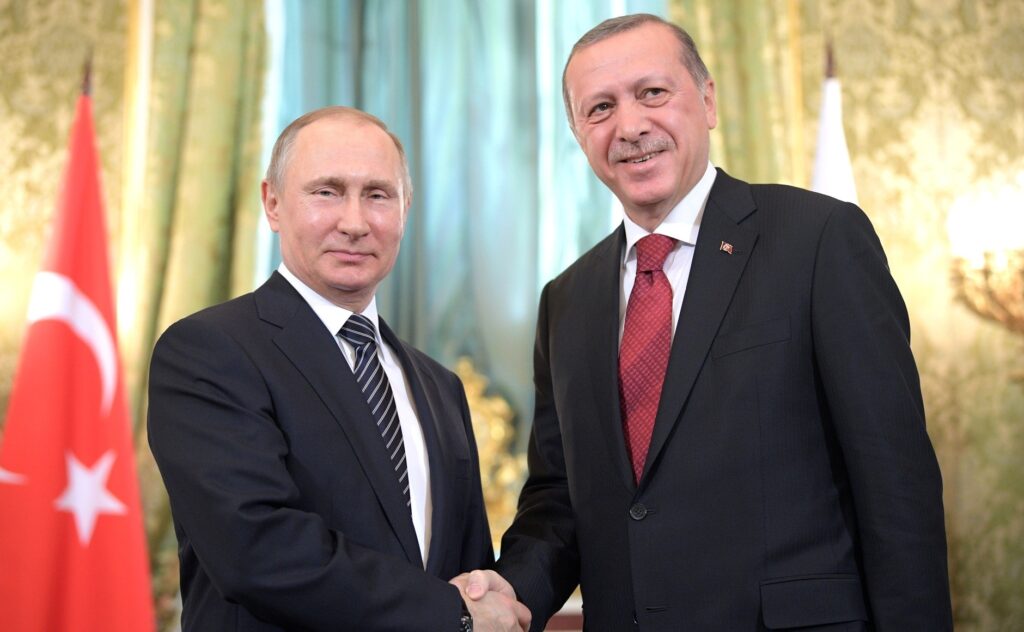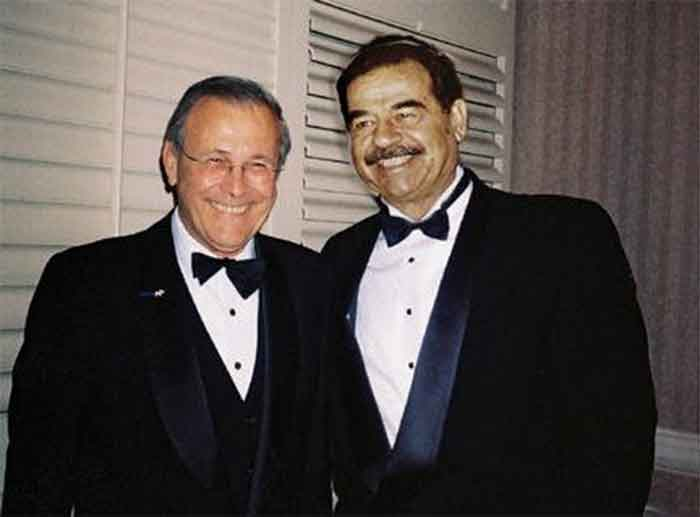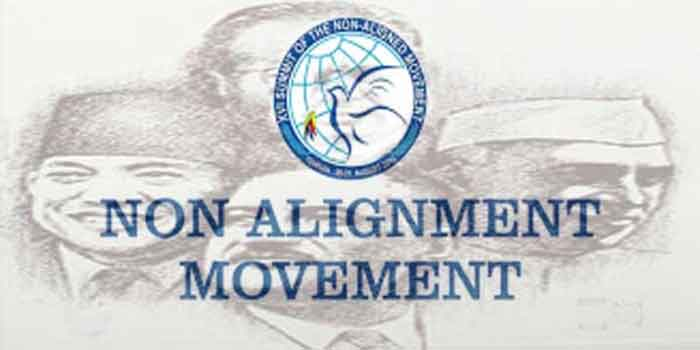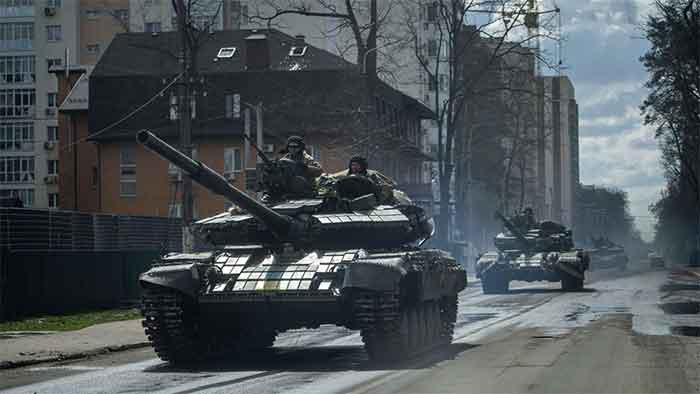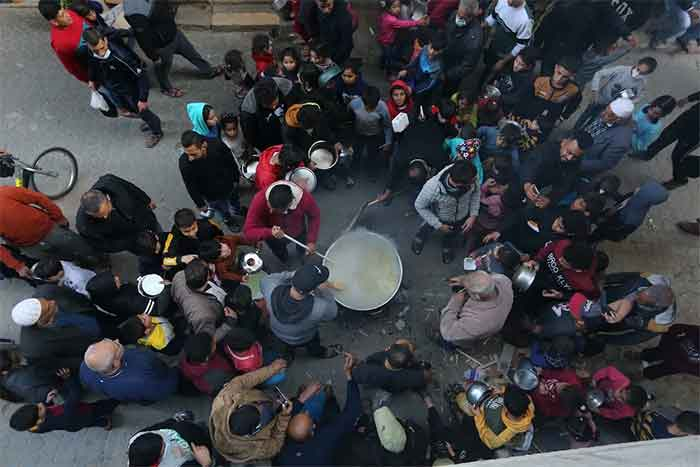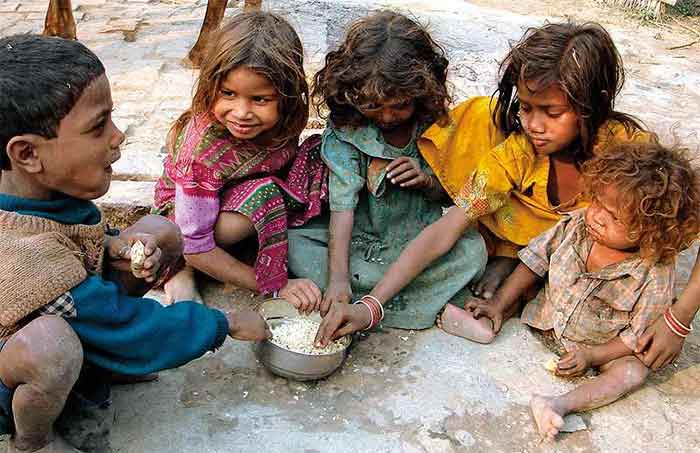Russia’s gas blackmail: Putin is bringing a knife to a gun fight
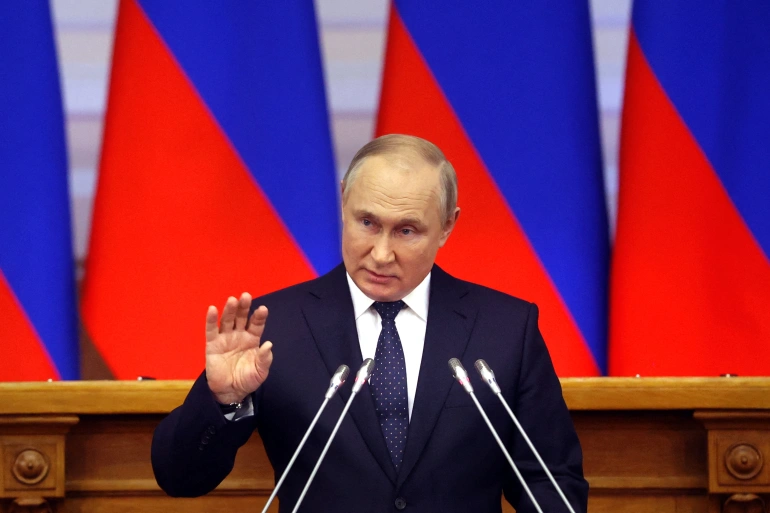
By weaponising gas exports, Putin is digging the grave of Russia’s economy.
On Wednesday, Russian President Vladimir Putin escalated the geo-economic war between his country and the West by suspending gas deliveries to Poland and Bulgaria, citing the two countries’ refusal to pay in Russian roubles.



